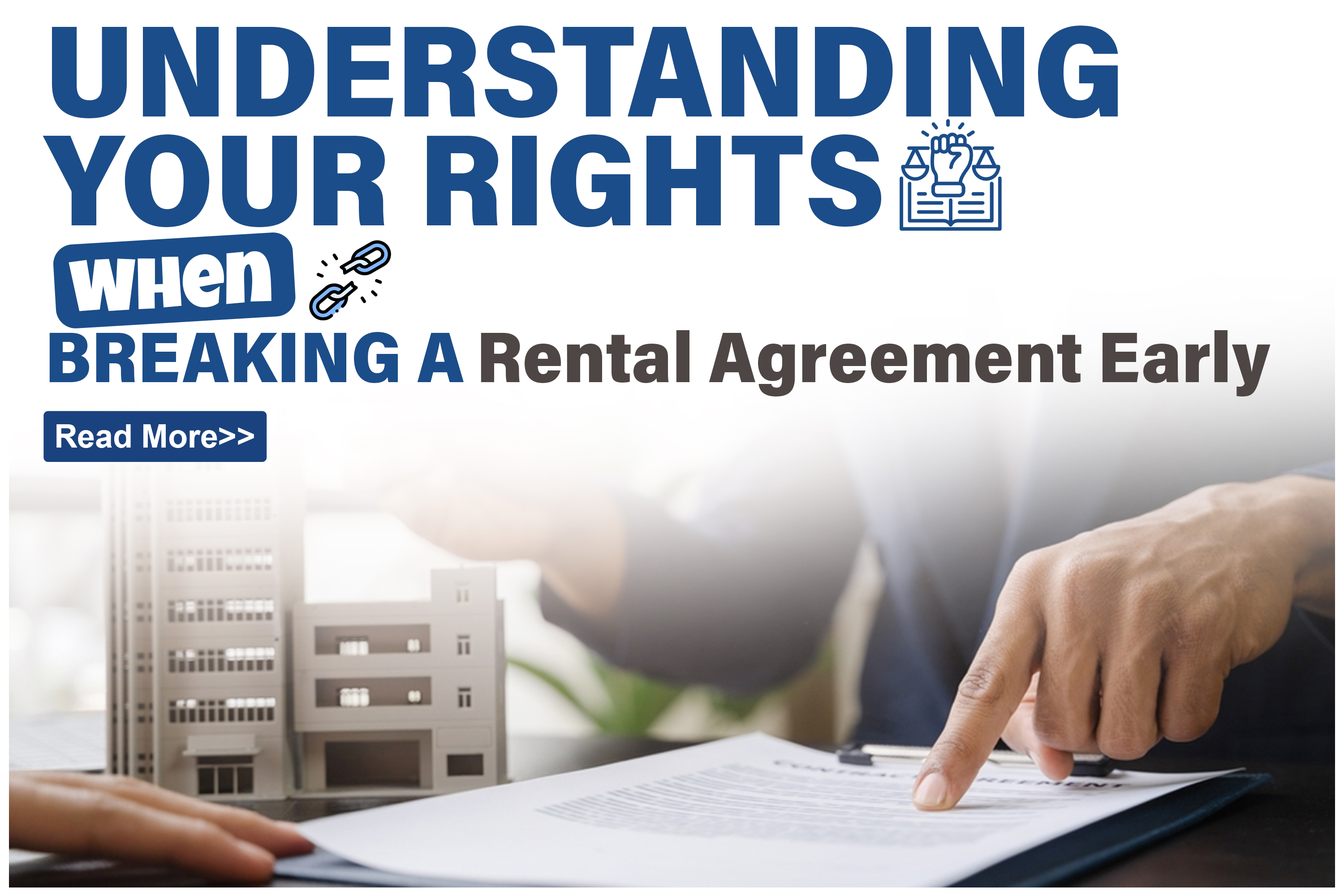Divorce Lawyers in Melbourne Australia – Complete Guide for Couple
Jan 31, 2026

When you rent a property, you sign a rental agreement (lease) that specifies the terms of your stay, including the duration of the lease and how you should give notice if you decide to move out. But what happens if life circumstances change, and you need to leave the property before the end of the lease term? Is it possible to break the lease without penalties? At Bansal Lawyers, we are here to help you navigate these complex issues with a clear understanding of your rights and responsibilities.
Breaking a rental agreement refers to a situation where a tenant leaves the property:
In the past, this was commonly referred to as "breaking the lease." While you may be able to leave early in some cases, doing so without following proper procedures can lead to significant financial consequences.
If you break your lease early, the landlord may incur certain costs as a result. Here are some of the common costs associated with breaking a lease:
However, the good news is that you won’t be penalized for breaking the lease, and you won’t be required to pay the full amount of lost rent unless the landlord can prove that the costs were directly due to your early departure.
In some cases, tenants can leave early without incurring additional costs. Here are some scenarios where this might apply:
| Reason for Leaving Early | Notice Period Required |
|---|---|
| Family Violence | Immediate notice to vacate |
| Property Doesn’t Meet Minimum Standards | Immediate notice to vacate |
| Medical or Care Needs | 14 days’ notice to vacate |
| Moving into Social Housing | 14 days’ notice to vacate |
| Notice of Intent to Sell (if not disclosed before lease) | 14 days’ notice to vacate |
| Rental Provider Gives Notice for Major Repairs or Sale | 14 days’ notice to vacate |
Additionally, if the rental provider decides to sell or demolish the property, you may be allowed to leave early without facing penalties.
If you believe the fees charged for breaking your lease are excessive, you can attempt to negotiate directly with the landlord or property manager. If an agreement cannot be reached, you have the right to apply to VCAT to have the fees reviewed.
If you're experiencing severe hardship, such as loss of income or a serious medical condition, you may apply to VCAT to break the lease without paying any costs. VCAT will consider your personal circumstances and decide whether the hardship justifies the early termination of your lease.
Breaking a lease can be stressful, especially when you're unsure of your rights. The best legal firm in Melbourne Australia, Bansal Lawyers, known for being among the best lawyers, is here to help. Whether you're dealing with lease-break fees or need early termination due to personal circumstances, our experienced lawyers can guide you.
Contact top-rated lawyers at Bansal Lawyers today to ensure your rights are protected as you move forward with your plans.
Last updated: Jul 10, 2025